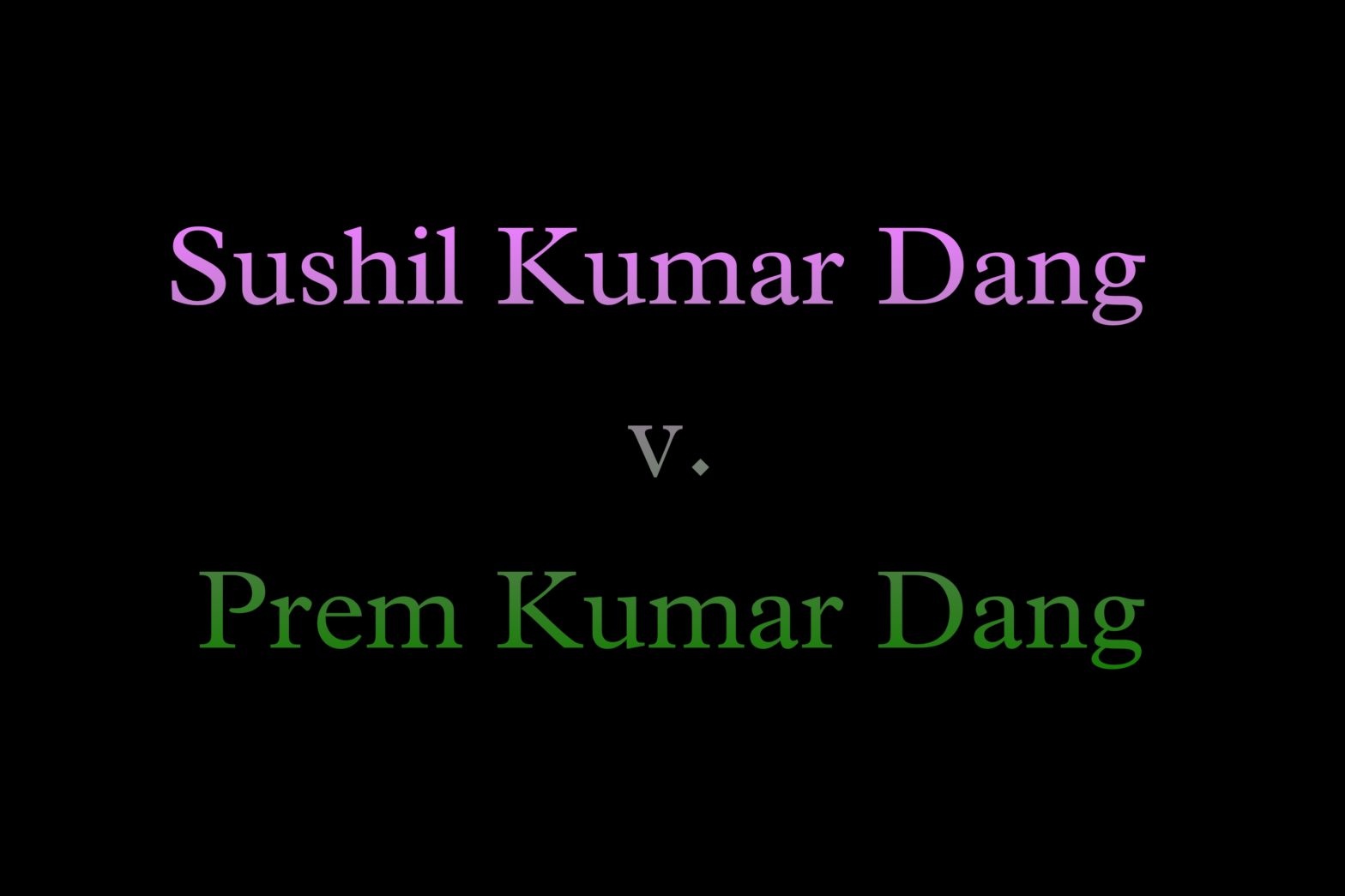Case Brief: Sushil Kumari Dang V. Prem Kumar Dang
Plaintiff: Sushil Kumari Dang
Defendant: Prem Kumar Dang
In the Delhi High Court
1976 RLR 487, AIR 1976 Delhi 321, 13 (1977) DLT 279 b
Decided On: 11th February 1976
Bench: Hon’ble Justice A.B. Rohatgi
Facts
On February 25, 1970, Sushil Kumari [hereinafter referred to as the “Plaintiff”) married Prem Kumar [hereinafter referred to as the “Defendant”), and they lived together until July 15, 1970. The plaintiff left her matrimonial home on July 16, 1970, in the morning and never returned. In February 1971, the appellant gave birth to a girl child, who is now five years old and lives with the plaintiff, while she was separated from the defendant.
On July 13, 1971, the defendant filed a petition for restitution of conjugal rights under Section 9 of the Hindu Marriage Act. Following both parties’ defenses, and because the plaintiff failed to present a plausible reason for living separately from the respondent, the Trial Judge accepted the defendant’s request for restitution of conjugal rights on January 30, 1974. The respondent subsequently filed a new petition for judicial separation under Section 10 of the Act on February 8, 1974.
Dissatisfied, the plaintiff filed a new appeal at the High Court on October 15, 1974, halting the above-mentioned processes.
Issue
Whether the restitution of conjugal rights should be granted in the case of mala fide intentions?
Holding
The High Court accepted the appeal, and the Trial Judge’s judgment of restitution of conjugal rights was overturned, citing judgment in Ishwar Chandra Ahluwalia vs. Pomilla, High Court held that it was simply impossible for a wife to comply with restitution of conjugal rights while her husband was pursuing a divorce suit.
Rational

- The High Court concurred with the Trial Judge since the appellant detailed multiple instances of cruelty in her evidence but none of them were noted in her written statement. As a result, the plaintiff failed to show that living separately from the respondent was a plausible choice.
- The Court did emphasize that the parties must be truthful in order for restitution of conjugal rights to be granted. To put it another way, the spouses must be solely motivated by a desire to renew their relationship.
- In the above matter, the defendant accused the plaintiff of having an unlawful relationship with Lalit Nayyar, whom the plaintiff described as her “Dharam Bhai,” and the plaintiff rejected all of the claims.
- In dissenting from the Trial Judge’s opinion, the Court held that the fact that Lalit Nayyar used to accompany the plaintiff to court did not indicate that the two had an unlawful relationship. The Trial Judge’s decision was erroneous, and the award of a decree for restitution of marital rights to the defendant was unexpected.
- The defendant filed a new judicial separation petition on February 8, 1974. The defendant’s claim was contradictory since he sought recovery from marital rights while also accusing the plaintiff of having an unlawful relationship with another man, according to the Court. When he suspects her of adultery, he cannot force the plaintiff to live with him.
- According to Section 13 (A)(ii), A party may also file a suit for the dissolution of the marriage if there has been no restitution of conjugal rights as between the parties to the marriage for a period of one year or upwards after the passing of a decree for restitution in a proceeding to which they were parties.
